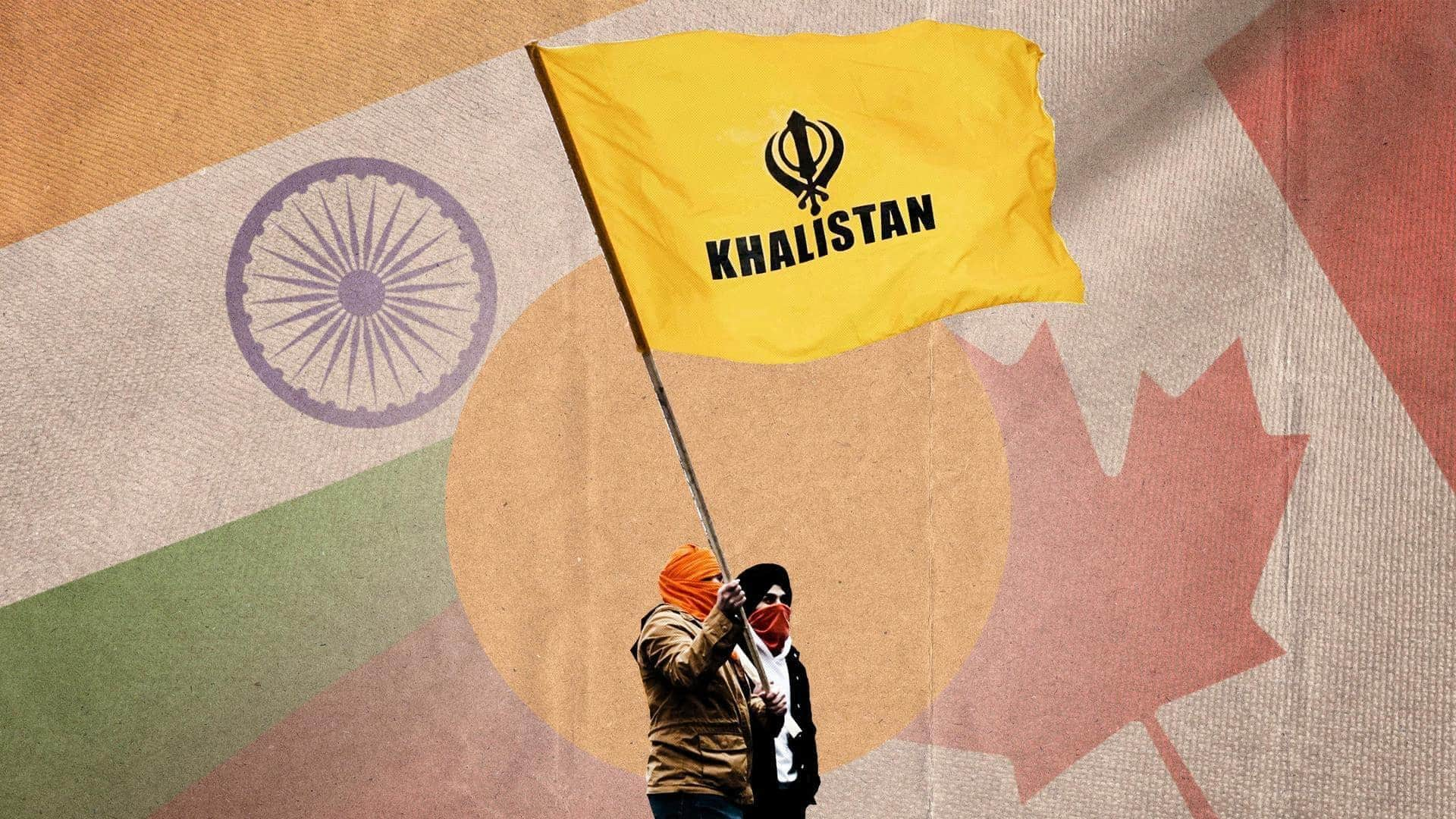
Khalistani outfit SFJ threatens 'siege' of Indian Consulate in Vancouver
What's the story
The Sikhs for Justice (SFJ), a United States-based Khalistani group, has threatened to "siege" the Indian Consulate in Vancouver on Thursday. The pro-Khalistan outfit advised Indo-Canadians planning to visit the consulate to reschedule their plans. They also released a poster of Dinish Patnaik, the new Indian High Commissioner, with a target on his face. In a statement, the organization accused Indian consulates of operating a spy network and conducting surveillance on Khalistanis.
Espionage allegations
SFJ recalls Trudeau's statement on Nijjar assassination
The SFJ's statement recalled then Prime Minister Justin Trudeau's 2023 statement in the parliament when he accused India of being involved in the killing of Hardeep Singh Nijjar, a prominent member of the SFJ who spearheaded the group's Khalistan Referendum campaign. "Two years ago -- 18 September 2023 -- Prime Minister Justin Trudeau told Parliament that the Indian agents' role was under investigation in the assassination of Hardeep Singh Nijjar," the statement said.
Accountability demand
Threat comes after report on Khalistani funding
The group claimed that the threat was so serious that the Royal Canadian Mounted Police (RCMP) had to provide "witness protection" to Inderjeet Singh Gosal, who took over as leader of the Khalistan Referendum campaign after Nijjar's death. The SFJ has demanded "accountability" for what it calls "espionage and intimidation on Canadian soil." There was no immediate response from India's Ministry of External Affairs or the Indian Consulate in Vancouver.
Funding revelation
Report names groups receiving support
The threat comes after a Canadian government report acknowledged the presence and foreign funding of Khalistani groups operating from its soil. A Canadian government report named Babbar Khalsa International and the International Sikh Youth Federation as beneficiaries of such support. It said these groups now operate through smaller clusters instead of extensive fundraising networks. The assessment also said that Khalistani extremists use non-profit organizations to raise funds, misusing the charitable sector for financing.